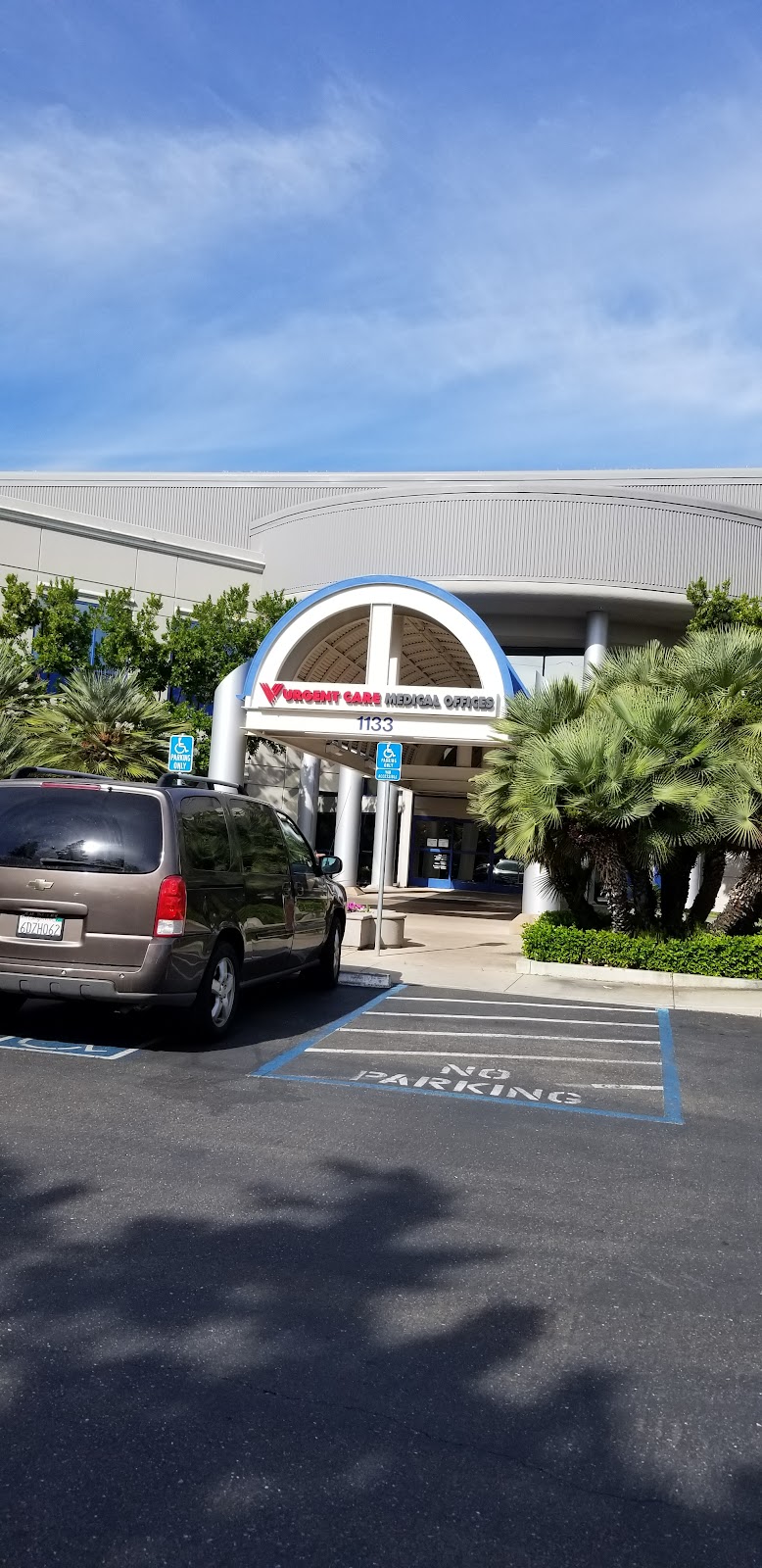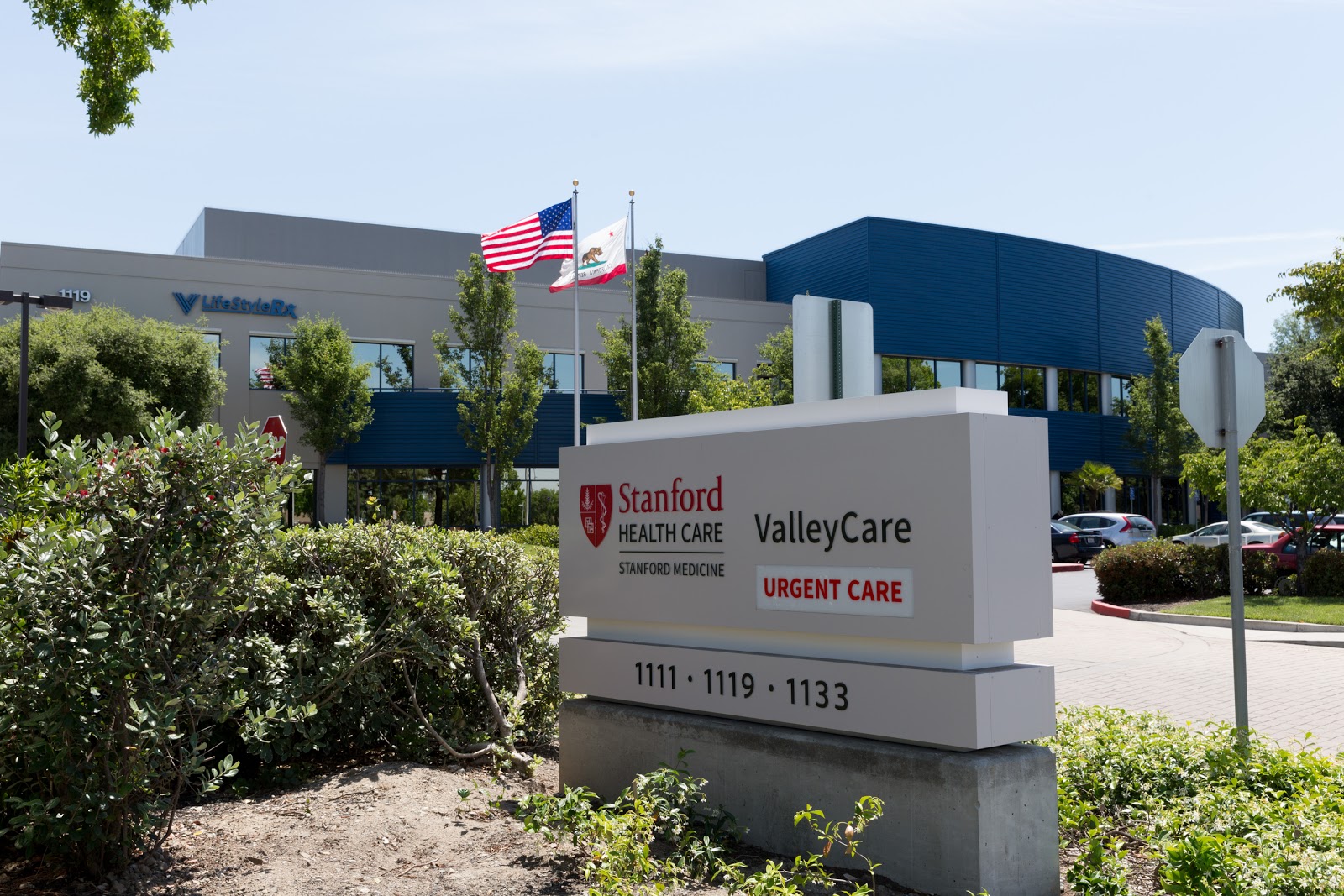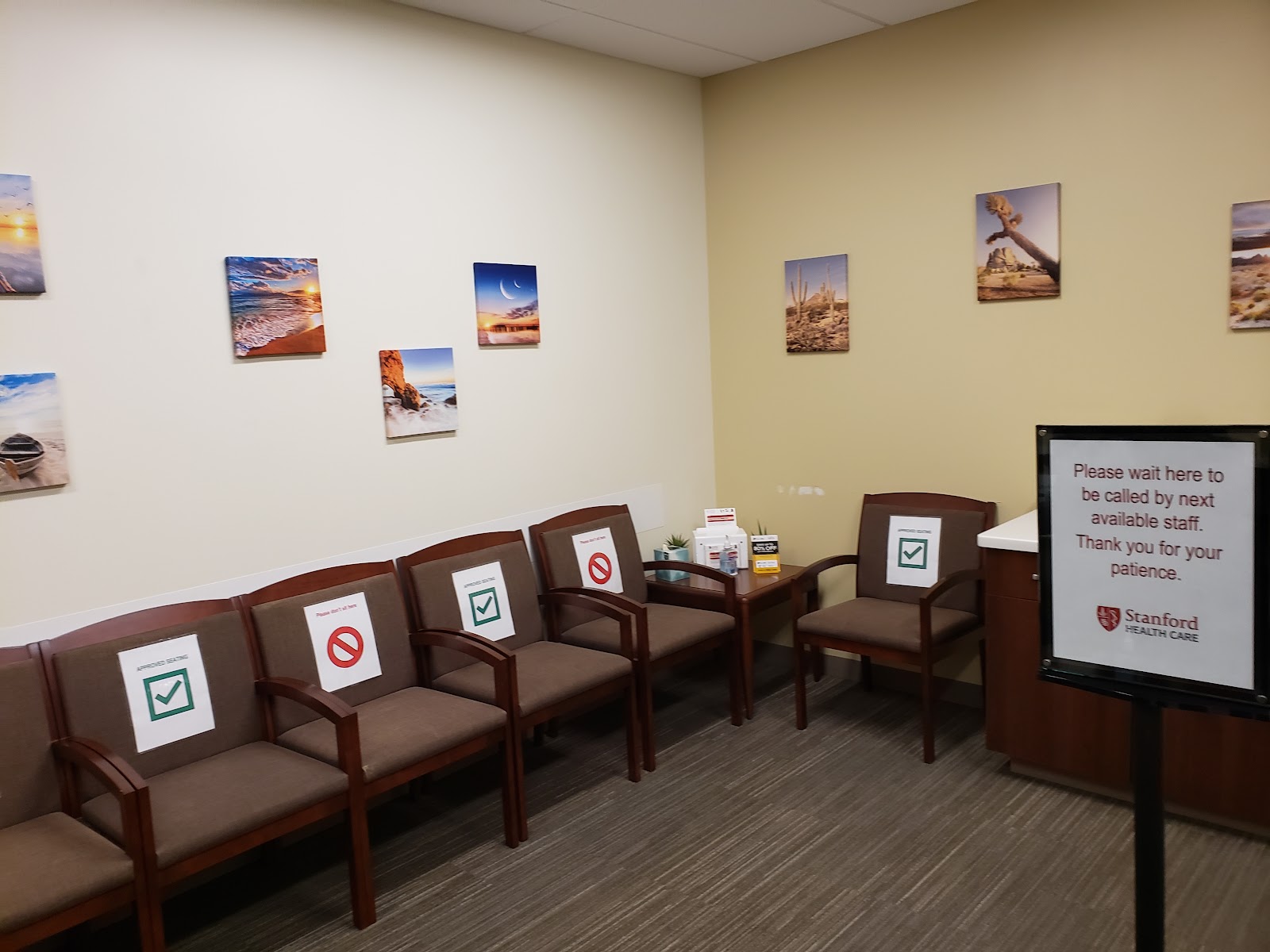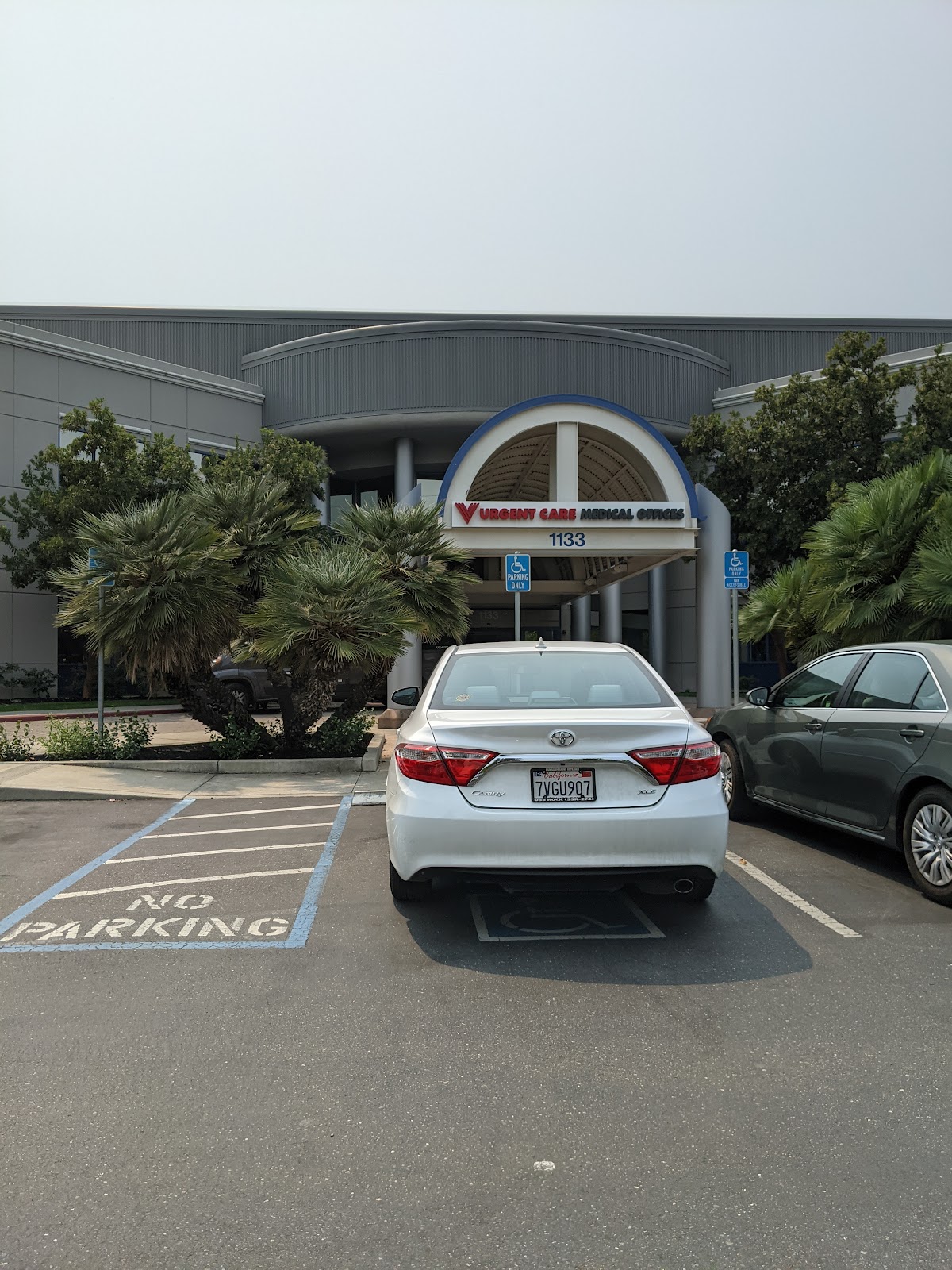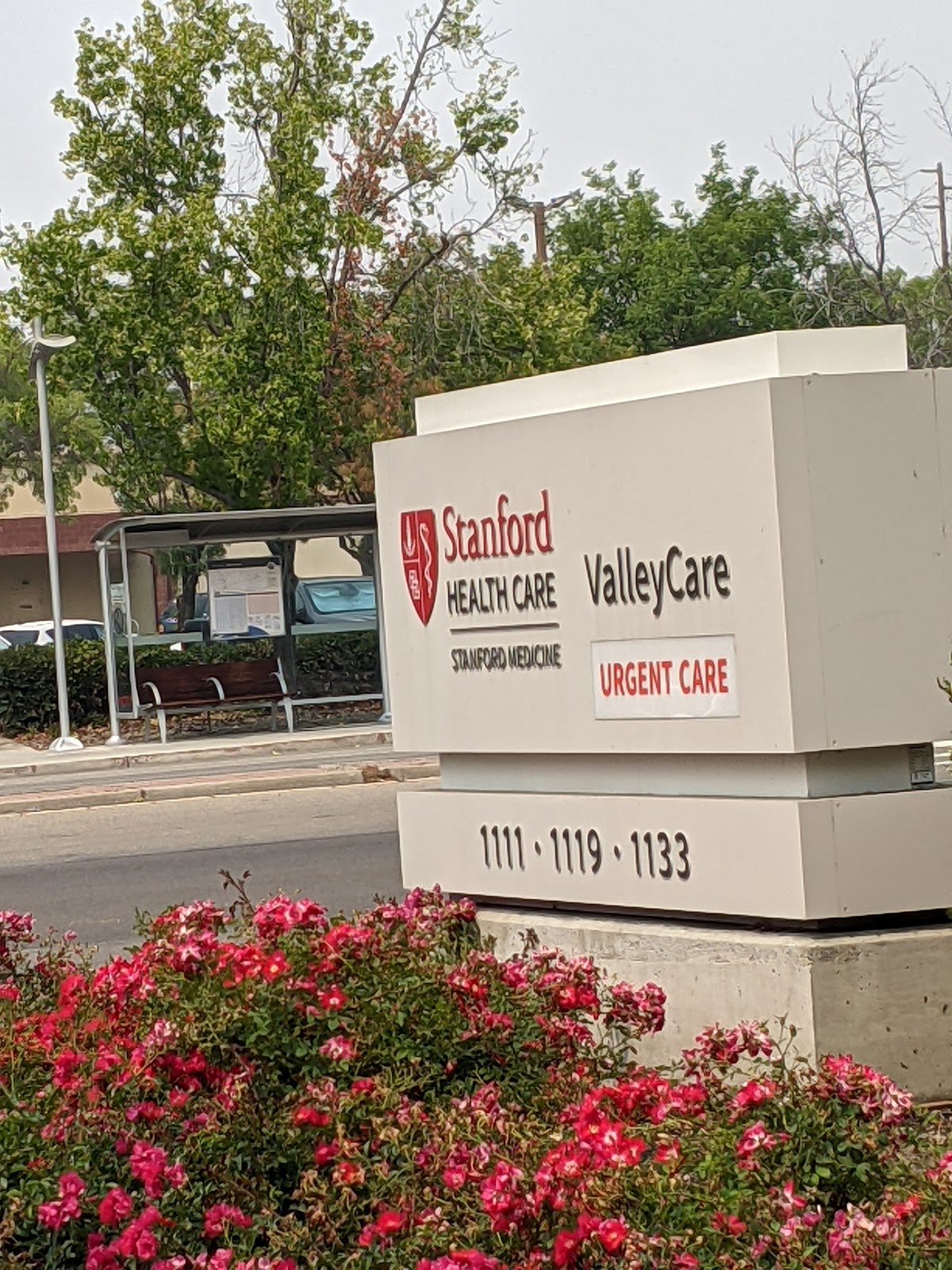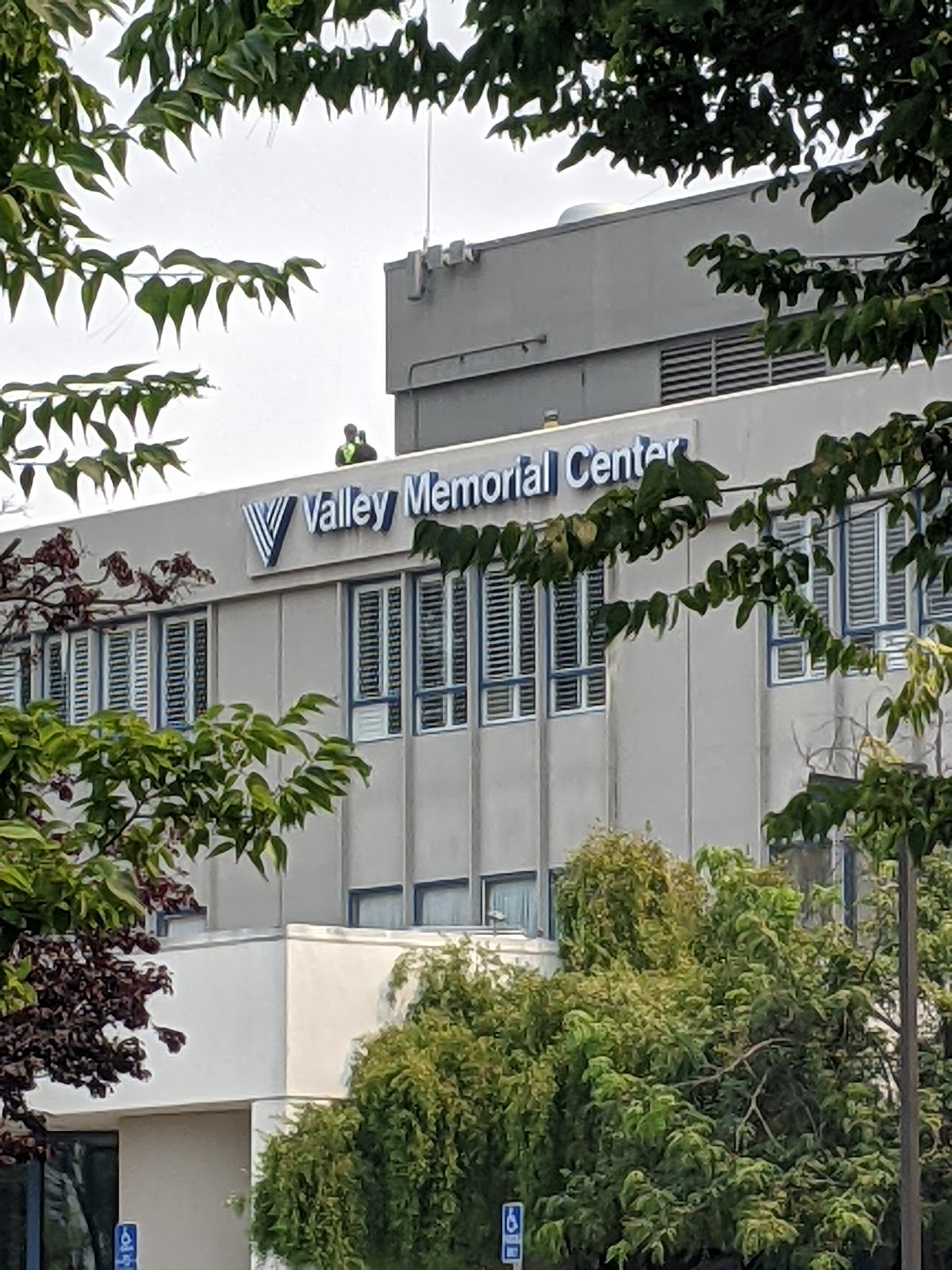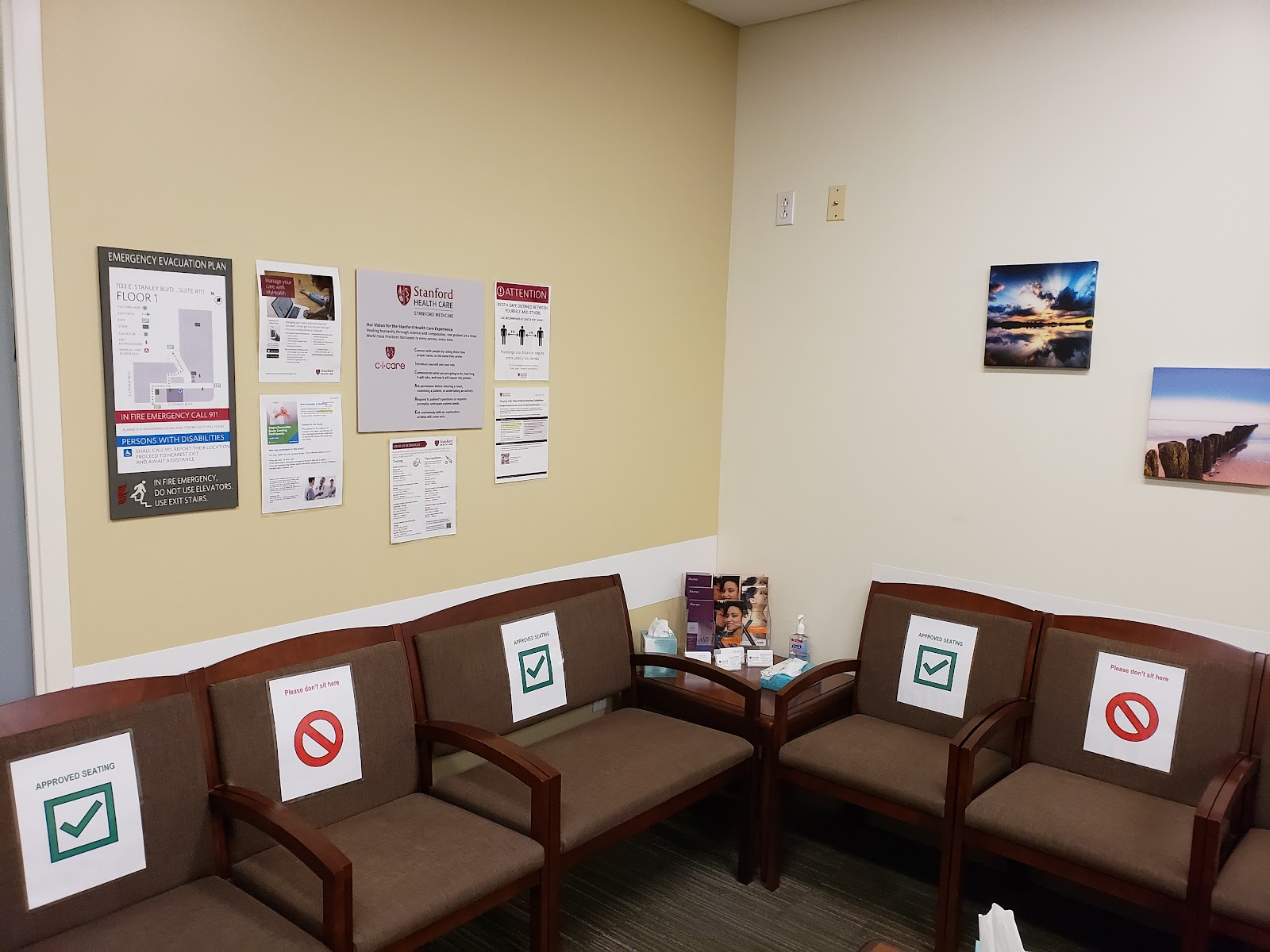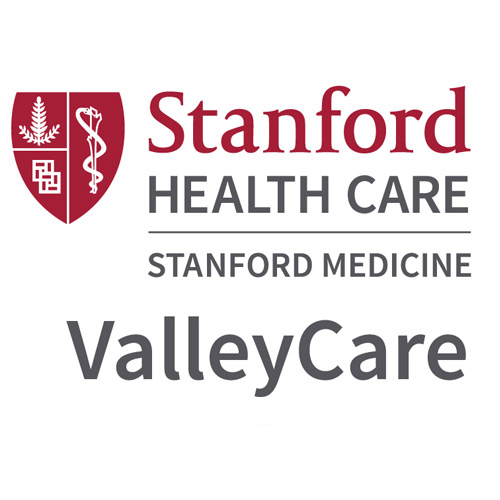Stanford Health Care - ValleyCare - Behavioral Health
Overview
Stanford Health Care - ValleyCare - Behavioral Health is an substance abuse treatment center that provides inpatient treatment for men and women between 18 and 65+ years of age. As part of their special programs, Stanford Health Care - ValleyCare - Behavioral Health treats persons with eating disorders and clients who have experienced trauma. To help patients achieve sobriety, Stanford Health Care - ValleyCare - Behavioral Health provides intake assessments. Afterward, patients receive eating disorder treatment, nicotine replacement, and group counseling during treatment. Stanford Health Care - ValleyCare - Behavioral Health is located in Livermore, California, providing treatment for people in Alameda County, accepting private health insurance, cash or self-payment, and medicare.
Stanford Health Care - ValleyCare - Behavioral Health at a Glance
Payment Options
- Private health insurance
- Cash or self-payment
- Medicare
Assessments
- Comprehensive mental health assessment
- Comprehensive substance use assessment
Age Groups
- Adults
- Seniors
- Young adults
Operation
- Private for-profit organization
Treatment At Stanford Health Care - ValleyCare - Behavioral Health

Conditions Treated
Mental health treatment:
Mental health services are essential during treatment for drug and alcohol addiction, whether you receive treatment in an inpatient or outpatient setting. While receiving inpatient care, you can expect to have round-the-clock access to mental health therapists and medical staff. Additionally, you will likely receive a number of different therapies and mental health options like individual and group counseling, addiction and relapse prevention education, and coping skills training.
Substance use treatment:
Substance use rehabilitation embodies a holistic treatment approach crafted to assist individuals contending with drug or alcohol addiction. This all-encompassing rehabilitation strategy encompasses two crucial components: initially addressing the physical dependency, frequently commencing with detoxification, and subsequently confronting the psychological triggers through a diverse array of therapeutic methods. The overarching objective is to empower individuals to achieve and maintain sobriety while equipping them with essential skills and coping mechanisms for a successful reintegration into society and a life free from substance abuse.
Co-occurring Disorders:
Dual-diagnosis rehabs are usually the appropriate solution to treat co-occurring mental health and substance abuse disorders. These facilities typically employ medical and behavioral experts who use a range of interventions, together with the right healing environment, for you to achieve and sustain long-term recovery. Treatment usually includes evidence-based therapies (like cognitive behavioral therapy), recovery support meetings, 12-step facilitation, psychoeducation, skills training, and group therapy.

Levels Of Care
Hospital inpatient treatment:
Inpatient treatment comprises a thorough residential therapeutic program, during which patients reside on-site for a period generally lasting from 30 to 90 days. This immersive setting provides organized assistance, guaranteeing safety and a dedicated approach to recovery. The array of therapies available encompasses individual and group counseling, cognitive-behavioral therapy, holistic interventions, family therapy sessions, and experiential therapies. The primary goal is to address the physical, emotional, and psychological facets of addiction or mental health disorders, establishing a strong foundation for enduring healing.

Treatment Modalities
Eating Disorder Treatment:
Eating Disorder Treatment refers to the specialized therapeutic interventions and support provided to individuals struggling with various eating disorders such as anorexia nervosa, bulimia nervosa, binge-eating disorder, and others. This comprehensive and compassionate approach to care aims to address the physical, psychological, and emotional aspects of these conditions. Treatment typically involves a combination of medical supervision, nutritional counseling, psychotherapy, and support groups to help individuals regain a healthy relationship with food, their bodies, and themselves.
Nicotine replacement:
Nicotine Replacement Therapy (NRT) is a medically-approved approach to help individuals quit smoking. It involves providing the body with controlled, lower doses of nicotine, typically through patches, gums, lozenges, inhalers, or sprays, to alleviate withdrawal symptoms and cravings. By gradually reducing nicotine intake, NRT aims to wean users off their dependence, making it easier to quit smoking and improving overall health outcomes.
Group counseling:
Group counseling provides a supportive environment where individuals share personal experiences and insights, under the guidance of a professional counselor. It facilitates self-awareness, fosters interpersonal learning, and helps members work through personal and relational challenges. Through shared dialogue and reflection, individuals learn coping strategies, gain emotional support, and experience personal growth within a communal setting.
Experiential Therapy:
Experiential therapy is a form of therapy in which clients are encouraged to surface and work through subconscious issues by engaging in real-time experiences. Experiential therapy departs from traditional talk therapy by involving the body, and having clients engage in activities, movements, and physical and emotional expression. This can involve role-play or using props (which can include other people). Experiential therapy can help people process trauma, memories, and emotion quickly, deeply, and in a lasting fashion, leading to substantial and impactful healing.
Nutrition Therapy:
Nutrition Therapy offers a holistic approach to recovery by addressing the body's dietary needs. Tailored to each individual, this therapy ensures optimal nutrient intake to support healing, boost immunity, and promote overall well-being, complementing other rehabilitation efforts for a comprehensive recovery journey.
Trauma-related counseling:
Trauma-related counseling addresses the deeply rooted psychological wounds and distress that often coexist with substance use disorders. Recognizing that past traumatic experiences can play a significant role in the onset and persistence of addiction, this therapeutic approach aims to help individuals understand and process their trauma, develop coping skills, and work towards healing. Individuals are better equipped to achieve long-term recovery and improved mental well-being by simultaneously addressing both trauma and addiction.
Individual psychotherapy:
Individual Psychotherapy is a personalized therapeutic approach aimed at aiding individuals in overcoming addiction and its underlying psychological triggers. A licensed therapist works closely with the individual through one-on-one sessions to unearth and address personal challenges, emotional issues, and behavioral patterns contributing to their substance abuse. Individual psychotherapy lays a robust foundation for a sustainable recovery and a better quality of life by fostering self-awareness, coping strategies, and healthier behavioral responses.
Ancillary Services
Languages
- Sign language services for the deaf and hard of hearing
- Spanish
Special Programs
- Persons with eating disorders
- Clients who have experienced trauma
Contact Information
DISCLAIMER: The facility name, logo and brand are the property and registered trademarks of Stanford Health Care - ValleyCare - Behavioral Health, and are being used for identification and informational purposes only. Use of these names, logos and brands shall not imply endorsement. BetterAddictionCare.com is not affiliated with or sponsored by Stanford Health Care - ValleyCare - Behavioral Health.
